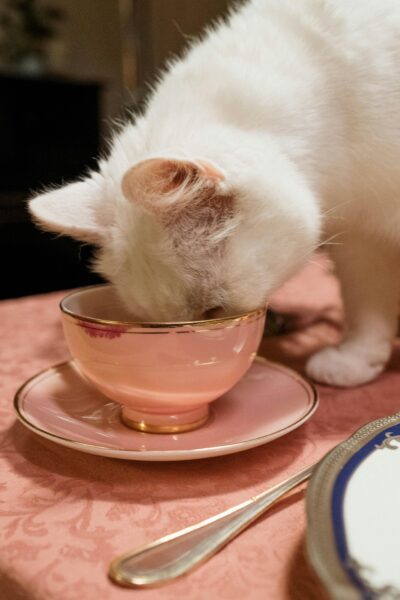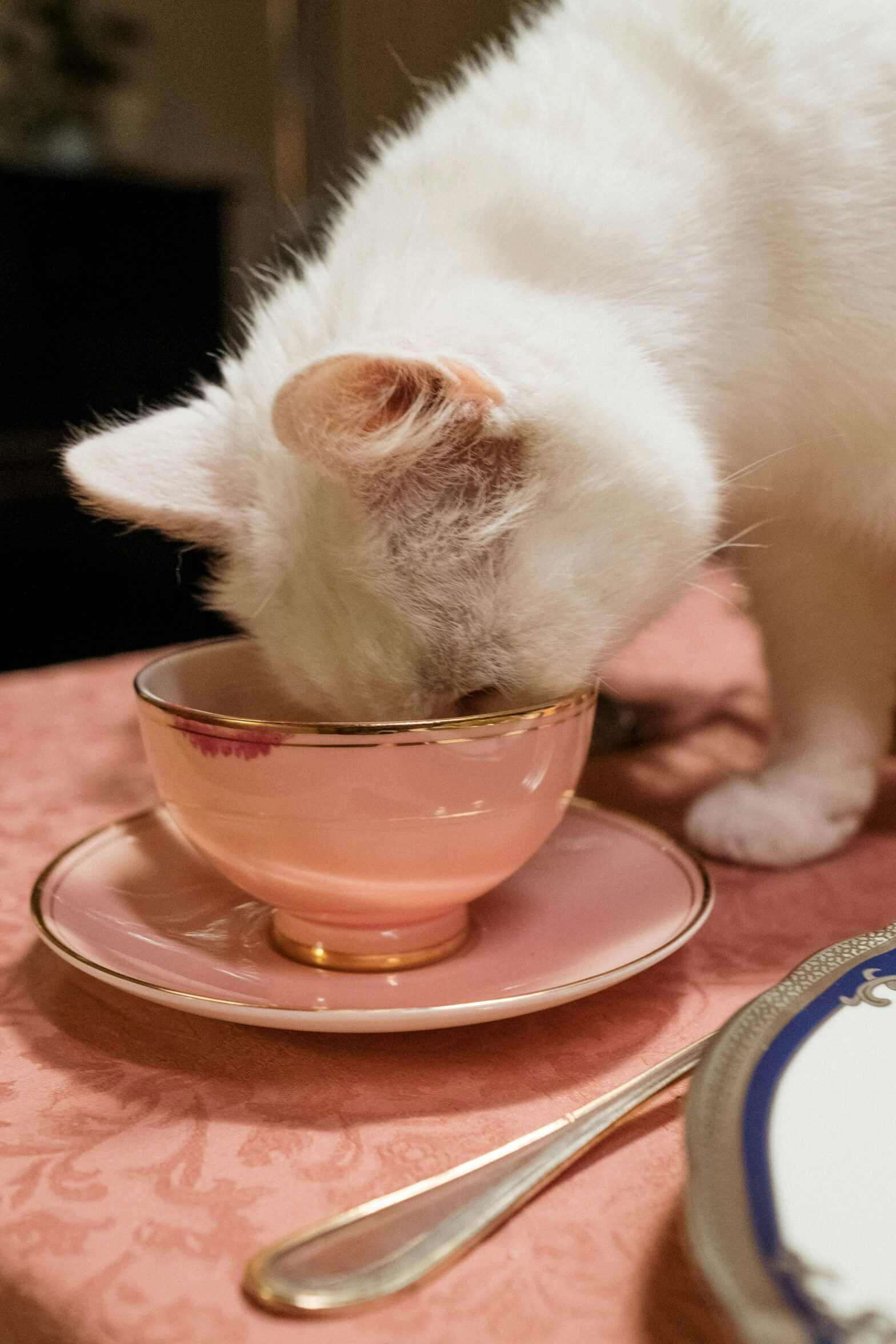
Tea has been enjoyed for centuries by humans for its taste and health benefits. But what about our furry friends? Can they partake in a cup of tea too? Let’s dive into the world of tea and pets to uncover the potential benefits and risks.
Benefits of Tea for Pets

- Herbal Teas for Calming: Some herbal teas, like chamomile or lavender, are known for their calming properties. They can help pets relax in stressful situations, such as during thunderstorms or fireworks.
- Digestive Aid: Peppermint tea, when given in small amounts, might help with mild digestive issues in pets. However, it’s essential to consult with a veterinarian before offering any herbal teas to your pet.
- Antioxidant Boost: Green tea contains antioxidants that can benefit pets, just like humans. However, it’s crucial to avoid giving them caffeinated tea and opt for decaffeinated versions.
- Hydration: Herbal teas, when offered in moderation, can be a way to encourage hydration in pets who are reluctant to drink water. Ensure the tea is caffeine-free and doesn’t contain any harmful additives.
Risks of Tea for Pets

- Caffeine Sensitivity: Caffeine is toxic to pets and can lead to symptoms like restlessness, rapid breathing, and even death in severe cases. Keep all caffeinated teas away from your pets.
- Herbal Tea Safety: While some herbal teas are safe for pets, others can be toxic. For example, tea containing ingredients like xylitol (a sweetener), onions, or garlic can be harmful to pets.
- Digestive Upset: Giving pets too much tea, even herbal, can lead to digestive upset. It’s essential to offer tea in small amounts and monitor your pet for any adverse reactions.
Tips for Offering Tea to Pets

- Consult Your Veterinarian: Before giving any tea to your pet, consult with your veterinarian to ensure it’s safe and appropriate for your pet’s health and needs.
- Limit Quantity: Offer tea in small amounts and monitor your pet for any signs of distress or allergic reactions.
- Avoid Caffeine: Never offer your pet any tea that contains caffeine, as it can be extremely dangerous.
- Check Ingredients: Always check the ingredients of herbal teas to ensure they are safe for pets and do not contain any harmful additives.

While tea can offer some benefits to pets, it’s crucial to approach it with caution and always prioritize your pet’s health and safety. When in doubt, consult with your veterinarian before offering any new foods or beverages to your furry friend.

